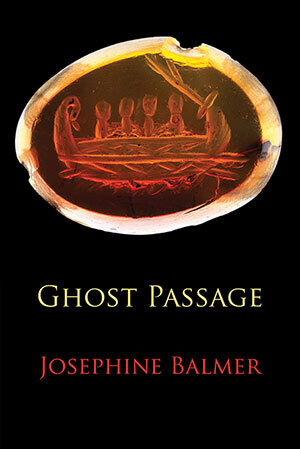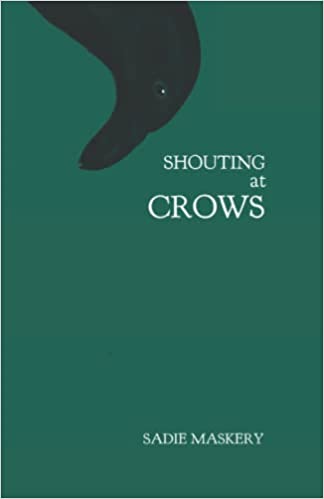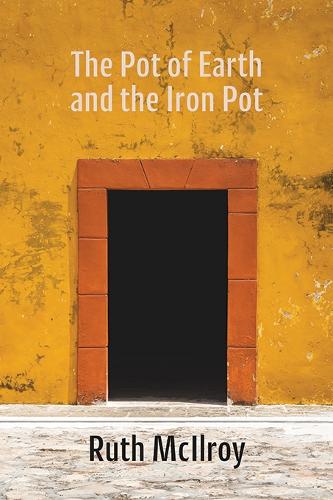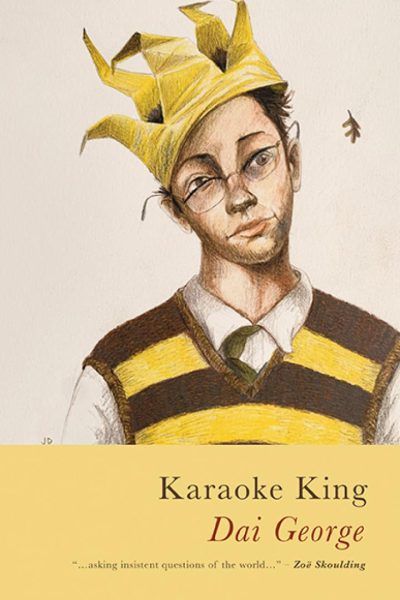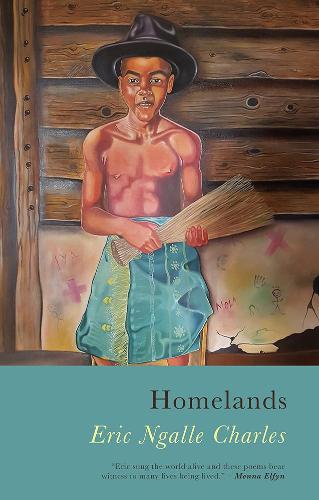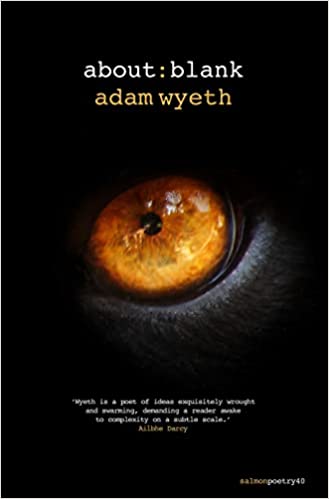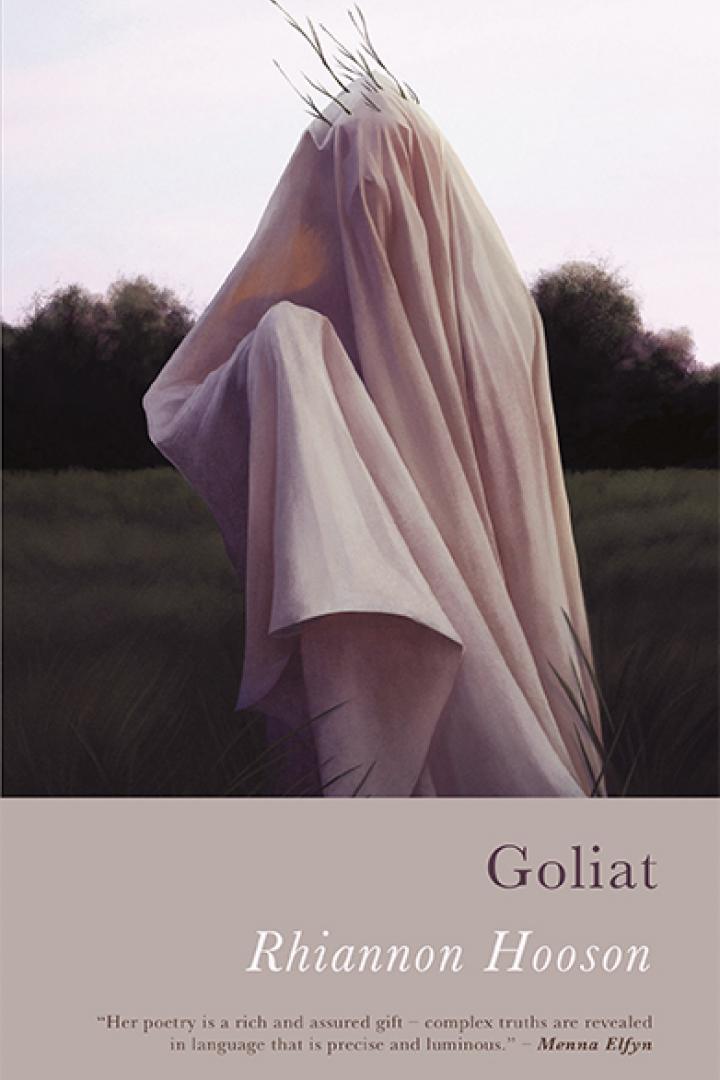Arrivals of Light
Robin Fulton Macpherson (Shearsman Books, 2020); pbk, £10.95 Robin Fulton Macpherson’s collection opens with the observation of birds in the natural world. The perspective of the viewer observing crows watching a heron seem to merge with that of the corvids: From the black lace of a leafless birchseven crows seem to be watching one heron rowing air Read More


